Among the root causes of the Middle-Eastern backwardness is the Asiatic and fatalistic religious norms that hamper the imagination and freedom of our masses. In that regard, the reconstruction of al-Azhar, Sunni Islam’s top authority, should rank high among Egyptian security strategists’ priorities.
Al-Azhar, the ancient religious institution it is, borders on antiquated ideals and does not play a constructive role. For a plethora of complex historical reasons, al-Azhar has failed to tread the path taken by European universities that developed from theological and religious institutions into legal ones that have, over time, morphed into secular universities.
This evolution of learning is what brought about the renaissance and the scientific revolutions of centuries past and thus launching Western civilization into progress, prosperity and modernity.
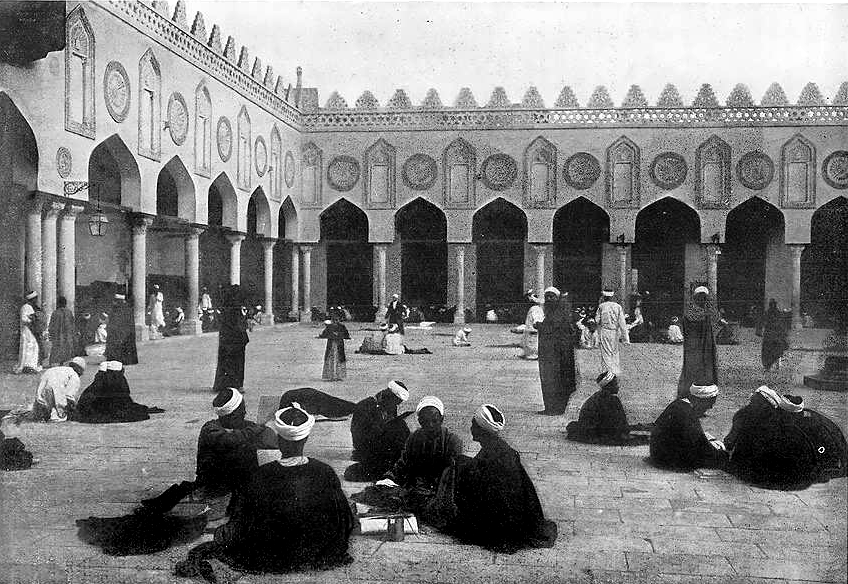
Al-Azhar in the seventies
For more than eight hundred years, the Middle East had been on steady decline that was only exacerbated with the rise of the Ottomans. The initial advantage of Islam, which was opening up its franchise to both Greco-Roman and oriental traditions, gave way to a constricted Islamic thought, one that sanctifies old traditions and knowledge along with a glorification of orthodox Muslim Imams. From 13th century, Islamic thought lost its critical bent while Islamic learning became centered on memorizing the works of orthodox imams.
But as of the seventies of the past century, following a period of revolutionary attempts at bringing about modernity in the region, Islamism saw a rising popularity, with Wahhabis assuming the role of the torchbearers of the medieval revival. In an ideal world, the prestige and influence of al-Azhar among Muslims should have countered that rise.
Yet, if anything, the Islamic thought taught in Al-Azhar does not offer a significantly different version of Islam of which Wahabism is an offshoot.
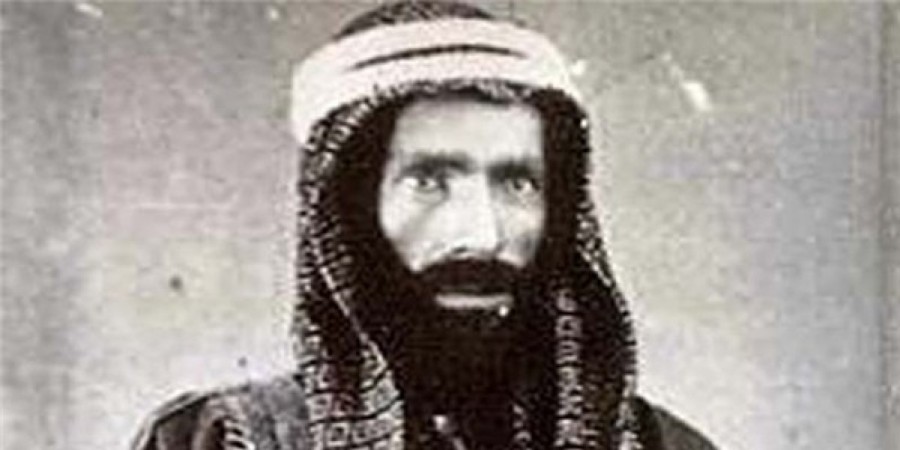
All Sunni schools of thought and, for that matter, Shiite ones are much similar though they differ on issues like the conditions for declaring a Muslim apostate, the use of force against the state, stance on shrines built for good Muslims with a special status. They all interpret the Koran using an atomistic approach, meaning that hadith and verses are tackled in scattered fashion while relying on a story, oftentimes not validated by historical research, on giving a justification for the injunction or legal premise and generalizations.
A revolutionary approach would be shifting their methods and orientation towards a reliance on the totality of Prophet Muhammad’s experience and the core principles of the Islamic message, like when the Arabs during Omar ibn al-Khattab’s era invented the tax on agricultural land and annulled the koranic text which identifies Arab tribes with swinging faith among the beneficiaries of the Islamic tax-Zakah
Nonetheless, it remains a fact that Al-Azhar produced exceptional reformers like Mohamed Abdou, and Al-Bakoury who, according to Farag Fouda’s The Missing Truth, came close to issuing a fatwa rendering wine halal for Muslims.
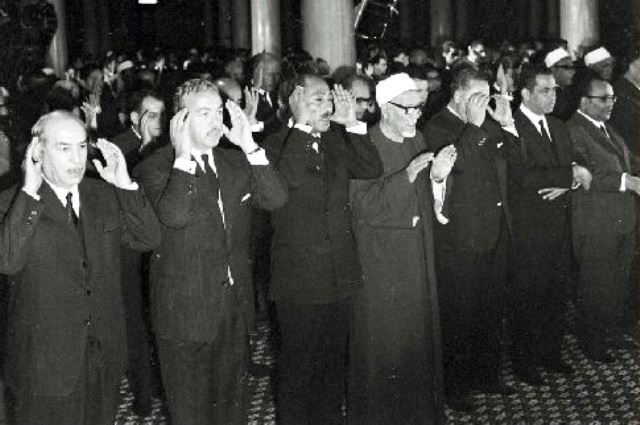
Those reformers had the support of the westernized Egyptian royal family in Abdou’s case, and the modernist Gamal Abdul Nasser in Bakoury’s. Alas, the consistent economic and social failures in the Arab world crowded out reformists and brought conservatives to the fore.
The heavy expansion of the rural middle class in the sixties, the termination of the widely popular social development programs, and then President Sadat’s empowerment of the Muslim Brotherhood and Islamization of the masses elevated the status of Al-Azhar to become the beacon of thought, and both an inspiration and a source of legitimacy for the people.
In the second half of the seventies, Sadat also came up with his revolutionary political philosophy of “listening to the village elders”— ushering the reversal of the quasi-Maoist policies of Nasser, and coming to loggerheads with the Egyptian former royal family’s fixation on emulating the west, not the sclerotic village elders.
In effect, Al-Azhar, with a seemingly moderate Islamic veneer, managed to Islamize the bulk of the middle class that should have been the enlightened locomotive of the Arab world

Al-Azhar in the Mubarak Era
The utterly incompetent, parochial and corrupt Mubarak lacked resolution, courage and imagination to go at Egypt’s complex problems head on. Rather, he founded his rule on a freezing-the-status-quo policy.
He peddled moderate Islamic credentials through his alliance with Al-Azhar to the middle class, whereas for Egypt’s rural millions, he was the village elder. He thus rendered legitimacy a derivative of Islam and its patron, Al-Azhar.
Al-Azhar supported the state during the jihadi insurgency in Upper Egypt in the nineties, largely due to its culture of subservience to the government.
Ironically enough, apart from the stance on the use of violence, there are no fundamental differences between Sunni Islamic schools. Accordingly a clear-cut separation between the temporal and the religious has remained an alien concept in Islamic thought. No wonder then that the more independent ones of Al-Azhar students criticized Mubarak by questioning his Islamic credentials and thereby turned to jihadist theoreticians in the eighties. They characterized Al-Azhar as hypocritical- sadly enough, they were right.
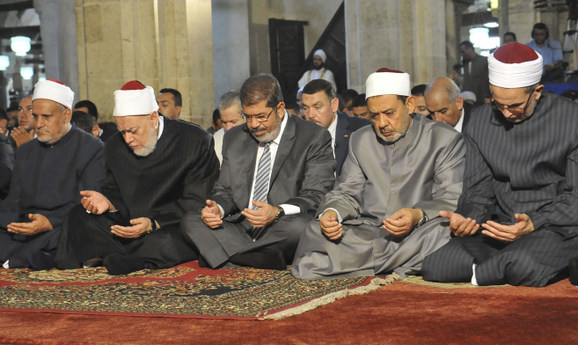
Arab Spring
The Muslim Brotherhood, which rose to unprecedented political success during the events of the Arab Spring by hijacking the middle classes’ dissatisfaction with Mubarak’s socioeconomic failures, does not harbor thought that is radically different from Al-Azhar’s. It does however differ on its rigorous esoteric organizational and political action.
The Egyptian security apparatus effectively undermined the appeal of the MBs to Cairene and Alexandrian middle classes by brilliantly relaying to them the message that the Muslim Brotherhood is not “Islamic enough”, thus replicating the disastrous approach of Mubarak which undermined his credibility.
However, the Islamic thought is rooted in Egypt through Al-Azhar which does not offer a novel modernist reading of Islam, whereas its vast network of institutes and schools spread all over Egypt, is thus the carrier of the static version of Islam which still harks to centuries long past. .
The support base of MBs is strong among the provincial Middle classes as well as the landed clans and families in the Delta region. The small holding farmers empowered by Nasser morphed into massive clans in Delta with their enormous networks of patronage and clientalism made up of Egypt’s tens of millions of fakirs. Those families side with either the Mubarak regime or the Muslim Brotherhood’s.
Egypt’s millions of Fakirs, on the other hand, drift towards the more dangerous Salafi brand of Islam. As we noted earlier, the failure of modernization projects in Egypt left the millions with no alternative but Islamism, including the seemingly moderate brands. Hence, the ideological carriers of subversion are being rooted, and the mutated D.N.A of Jihad induced by the ISIS phenomenon is replicable throughout the Arab world
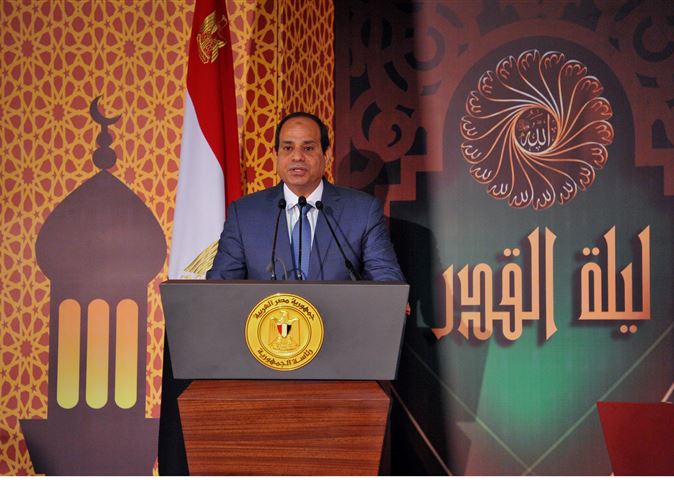
Way forward
Egypt’s economy is backwards and dominated by oligarchs— a dwindling middle class with an Islamic core and backward hinterland, a fertile ground for all sorts of Islamist thought. Rural Egypt is being swallowed by a hideous urban sprawl that is creating entities which are neither rural in the classical sense nor urban— ‘ashwa’eyyat.
This massive polarization can suddenly boil over into widespread chaos and turmoil in case of an economic failure- which is not a far-fetched scenario.
Radical socioeconomic reform is the only way out of Egypt’s current dilemma, and the tip of that iceberg would be declawing Al-Azhar.
Edited by Nadine Awadalla
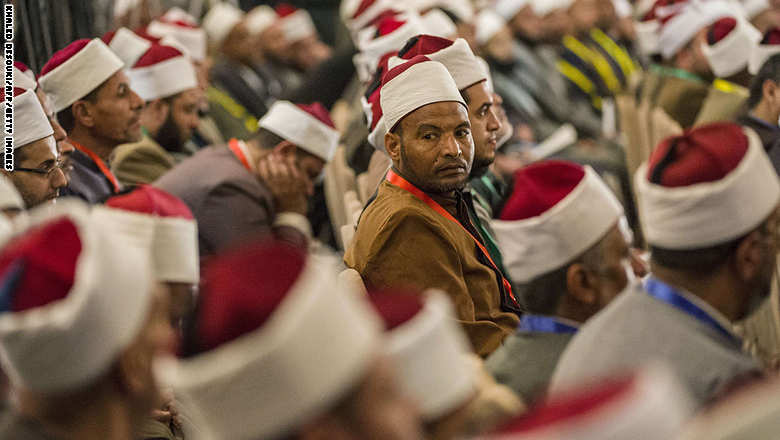


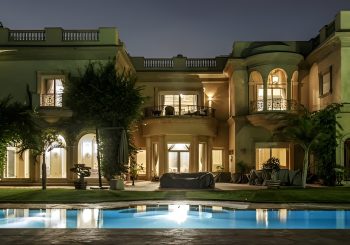
Comments (12)
Good article, but the author does not mention the corrupting element fueling Wahahbism/Salafism in Egypt and around the world:
Saudi/Qatari/Emirati/Kuwaiti money.
Absolutely spot on! But what is the medicine for this cancer that is killing the body?
Separation of religion and state. The civilized word has more or less moved on from religion. Time to follow suite.
“Radical socioeconomic reform is the only way out of Egypt’s current dilemma, and the tip of that iceberg would be declawing Al-Azhar.”